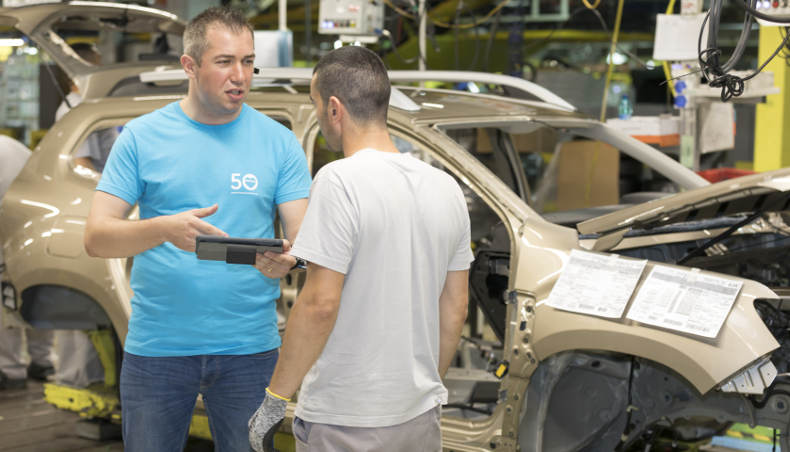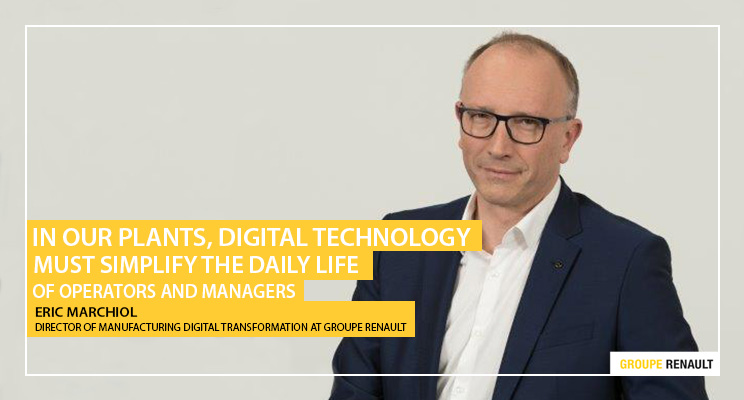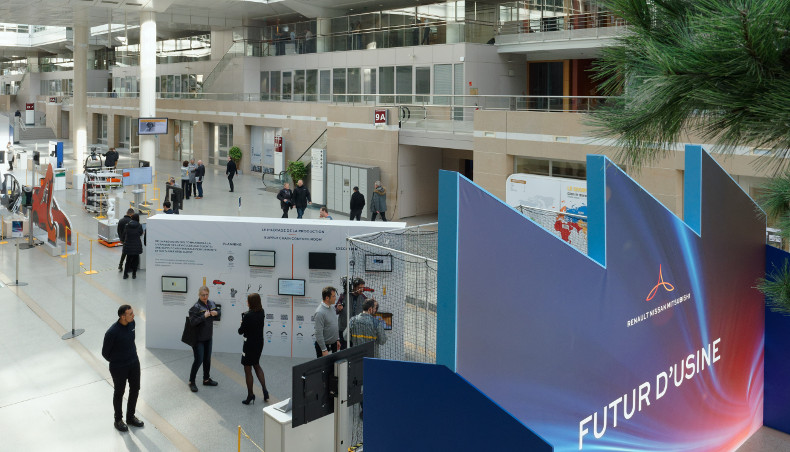

Industry 4.0, production plants shaped by the future
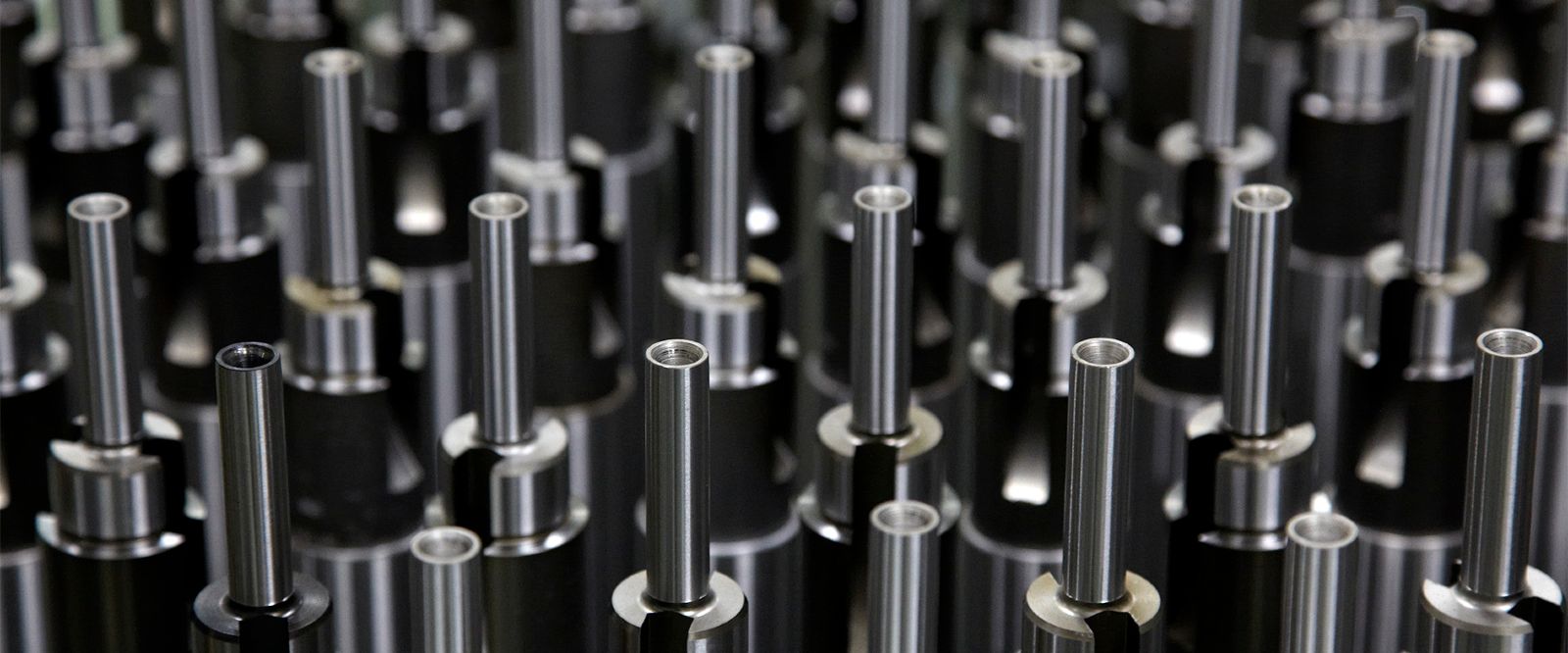
An illustration of this digital shift is our recent partnership with Google Cloud.
With an ambitious objective: a sharing of industrial and technological experience between two leaders to encourage the creation of new industrial solutions. This ambition illustrates the continuation of our digital transformation, initiated in 2016: connecting our production sites, managing industrial data, transforming our logistics processes around the world, with the aim of continuously improving our standards of excellence. At the heart of this plan, our teams will have the opportunity to strengthen their data culture, with coworking sessions and high-level training with Google teams.
Close-up on a few key innovations
People and robots, hand in hand
In the production plant of the future, the production line resembles a futuristic ballet.
Robots and machines of all sorts work alongside human operators. Automatic trolleys zip around continuously, carrying the required kits, articulated arms help operators in their work, a cobot or collaborative robot fits parts with a high degree of precision, alongside an operator...
In industry 4.0, people and robots work together.
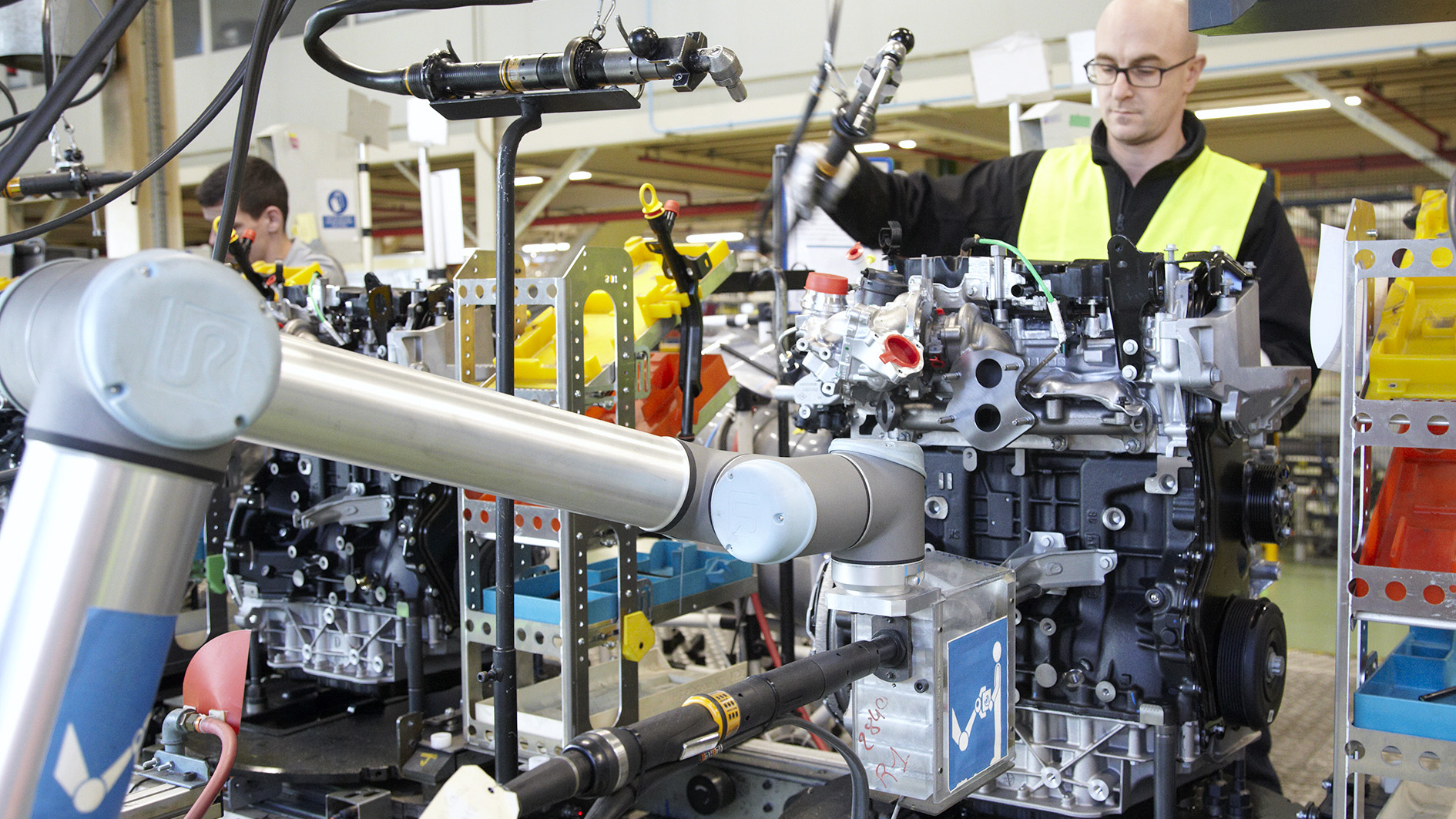
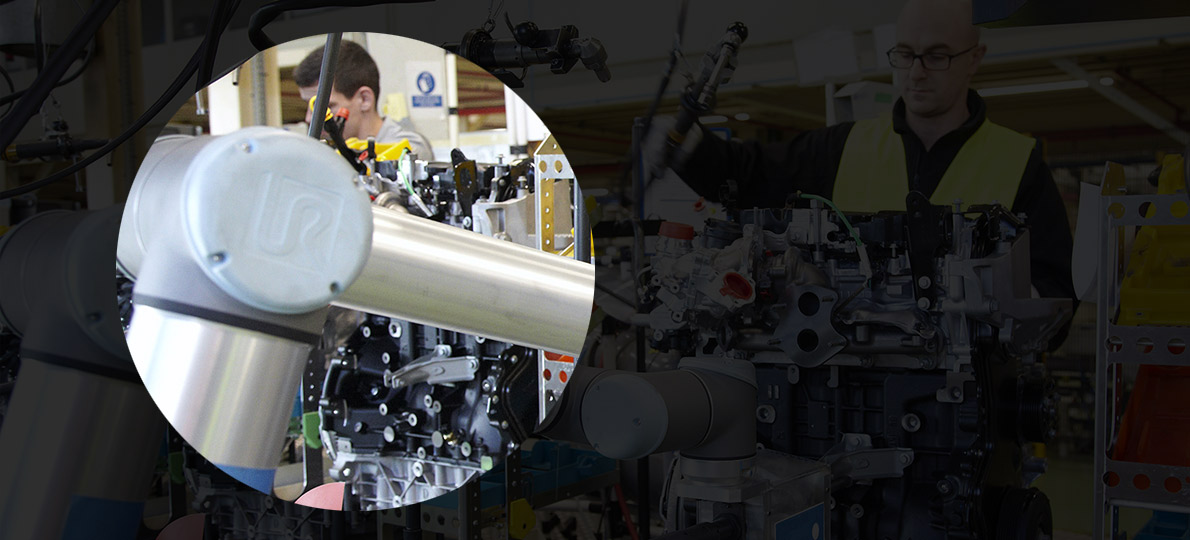
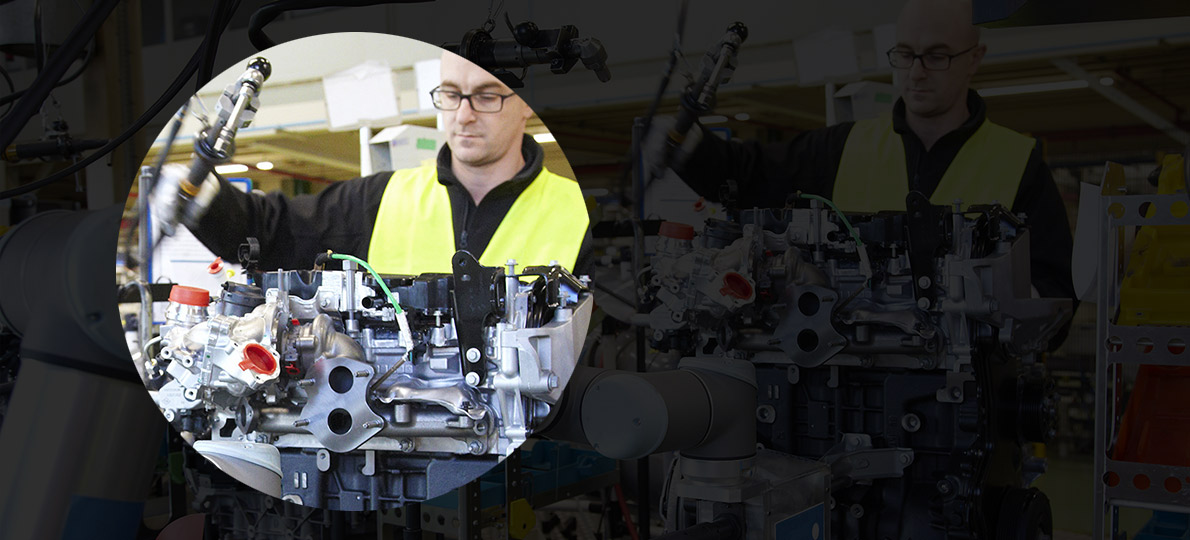

It’s a real revolution. The energy of the cobot needs to be controlled since there is always somebody next to it. The movements mustn’t be too fast. A shared pace of work needs to be established, based on task-sharing.
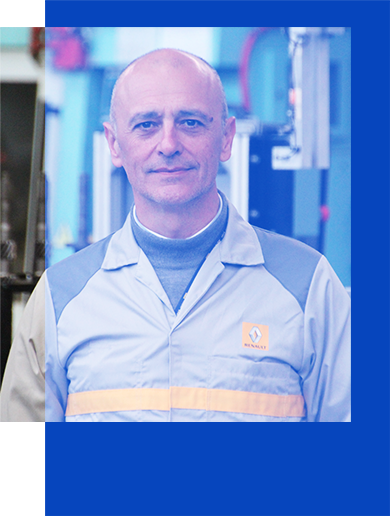
Virtual reality, real progress!
With VR, we train operators, anticipate maintenance issues and conduct production line simulations that resemble reality as closely as possible. For example, we can study how best to integrate a new part on the line and optimize configuration. As a result, we can carry out all sorts of tests and adjustments without interrupting the flow.
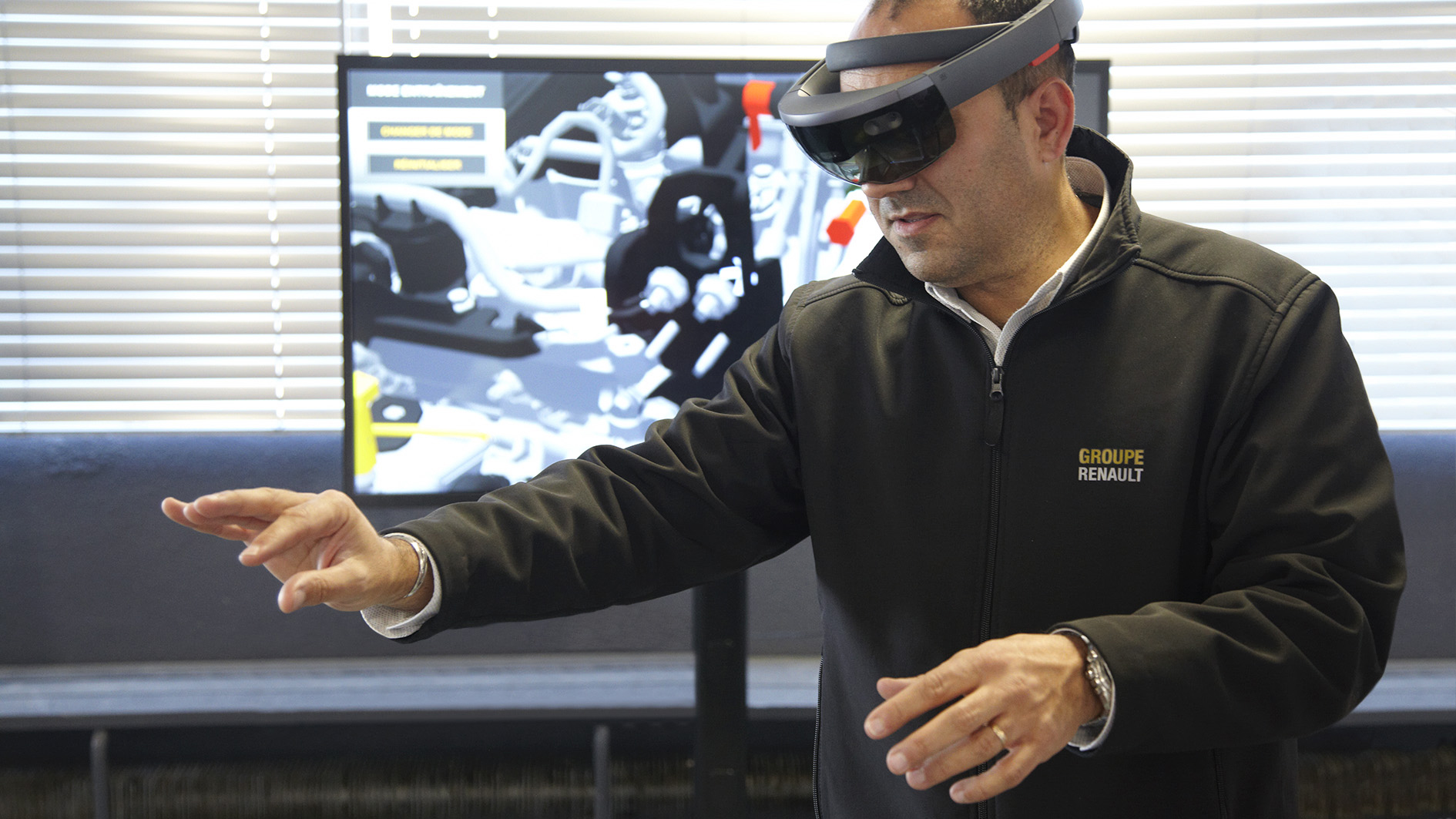
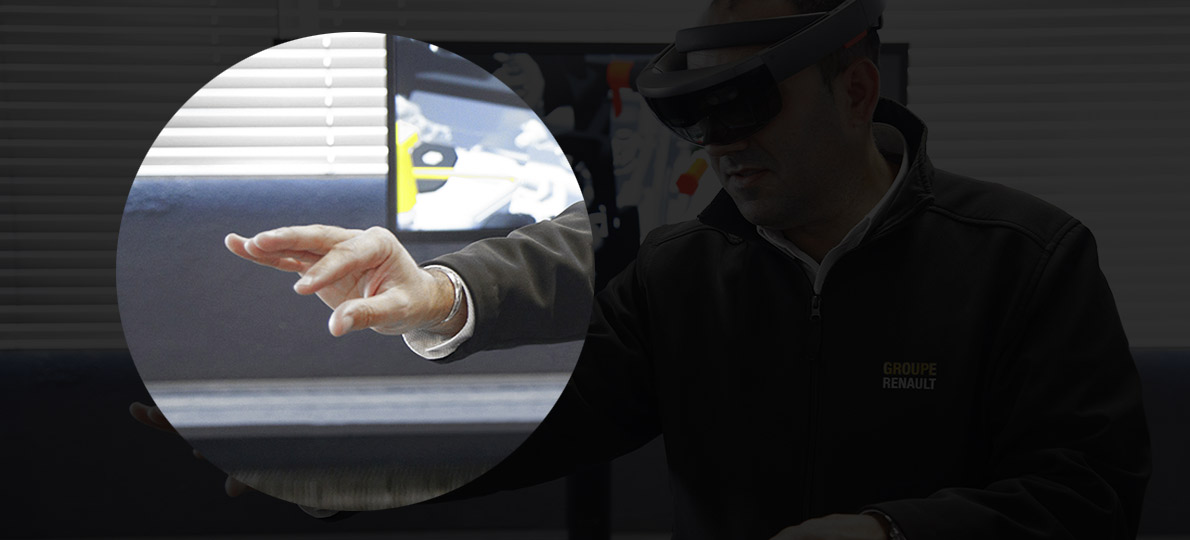
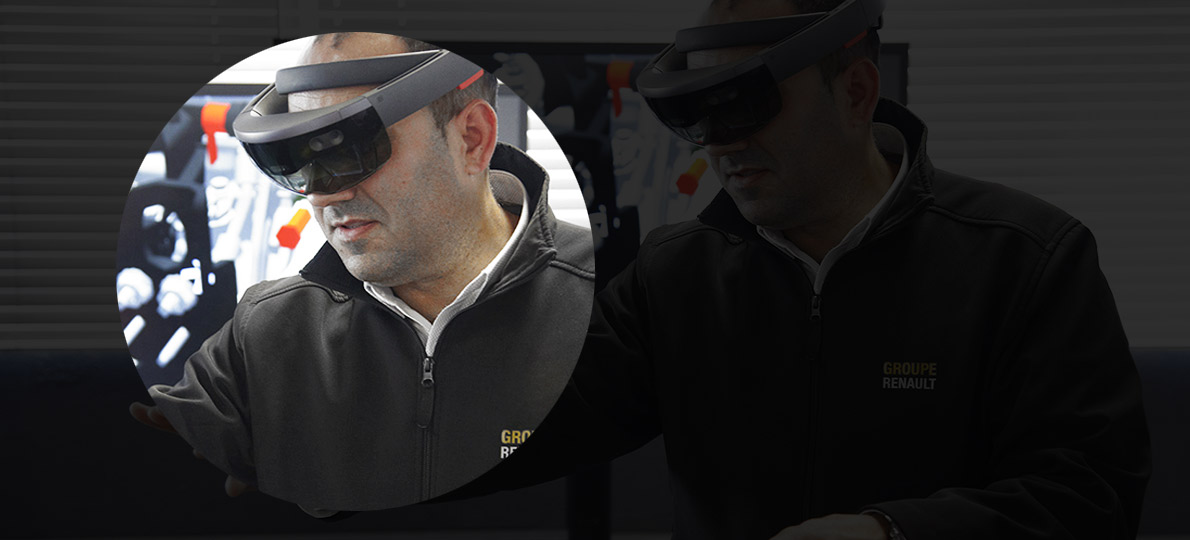

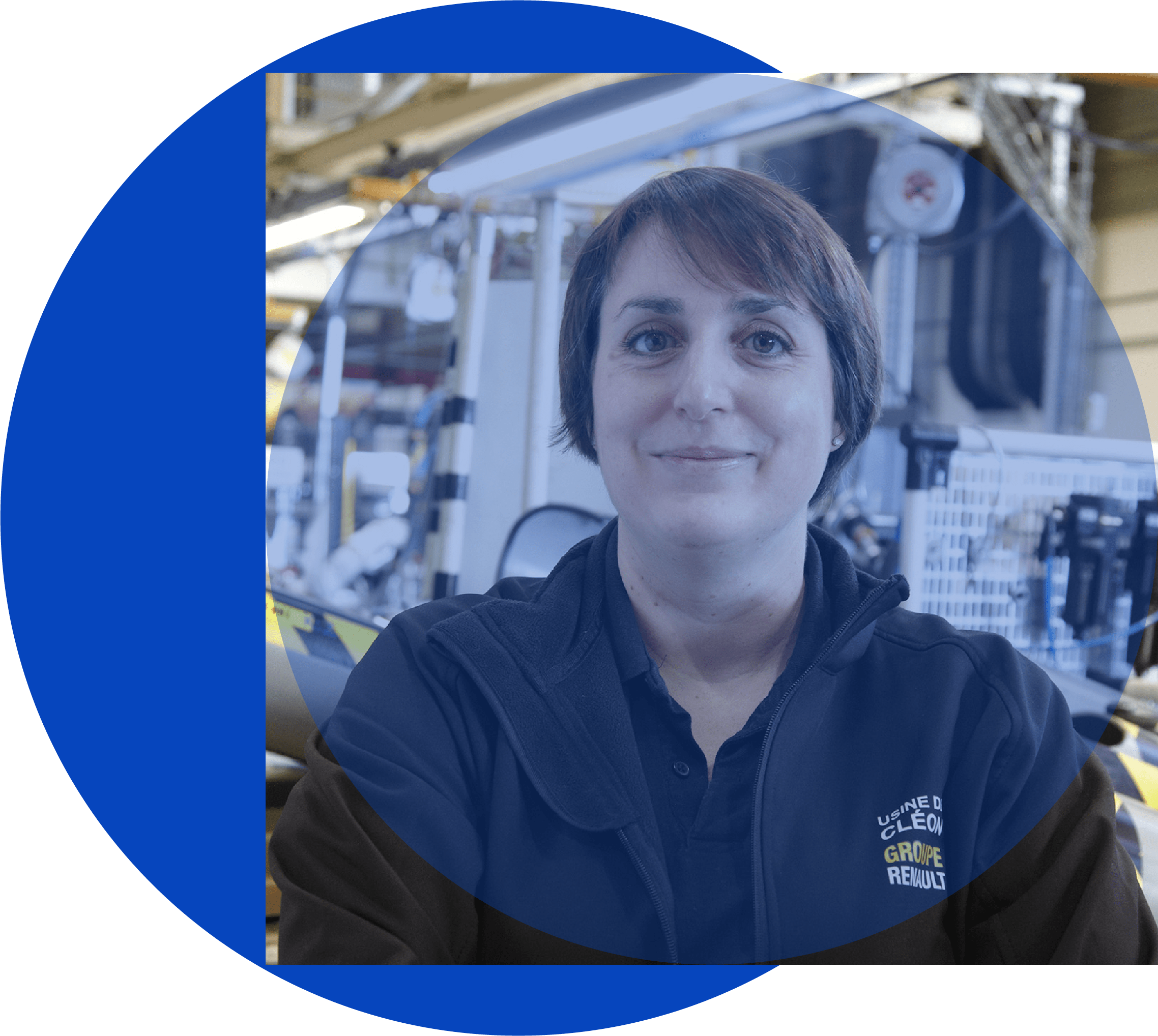
Here we deploy all digital themes. For training, Virtual Reality (VR), used as a complement to practical cases, allows us to learn by example. At the forefront of this approach, we worked with a local VR/3D startup to develop immersive and fun virtual tours with them.
Total traceability, nothing is wasted!
Total traceability is one of the pillars of digital transformation, one of the main driving forces in the 4.0. plant.
As part of an approach to maximize quality, the Full Track and Trace project provides the history of the vehicle as it is put together, rather like an ID card! We can see the context in which it was built, who by, and we can track it through to delivery. The customer has access to all the stages preceding vehicle reception.
The Packaging Managing System tracks every parcel. As packaging can be expensive – sometimes costing more than the part inside – real-time tracking is a major objective. In this way, the plant is able to keep a tight rein on inventory and procurement. All efforts are made to avoid disrupting production.
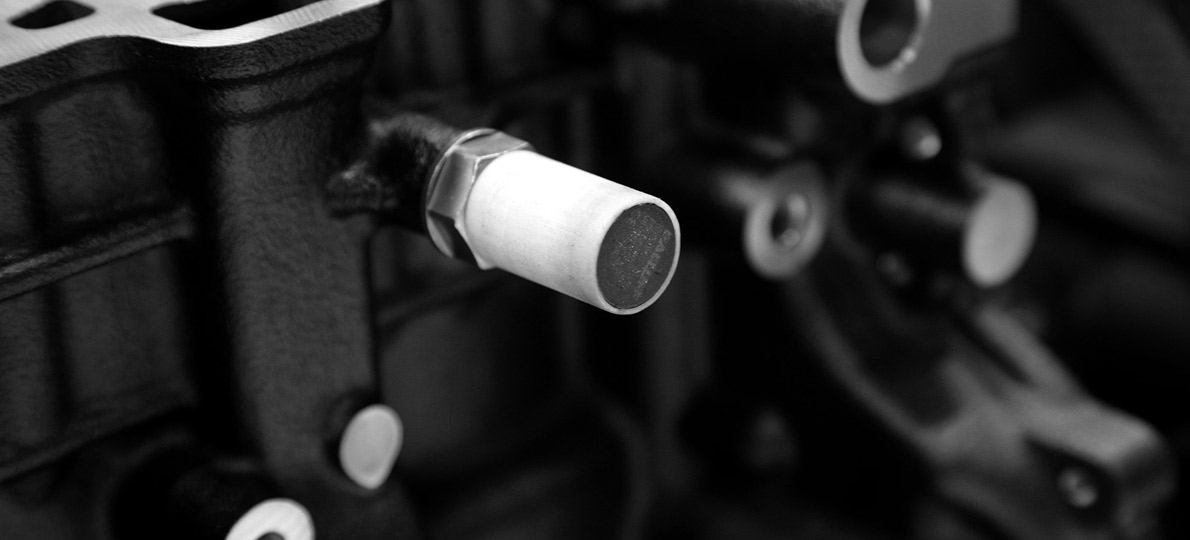
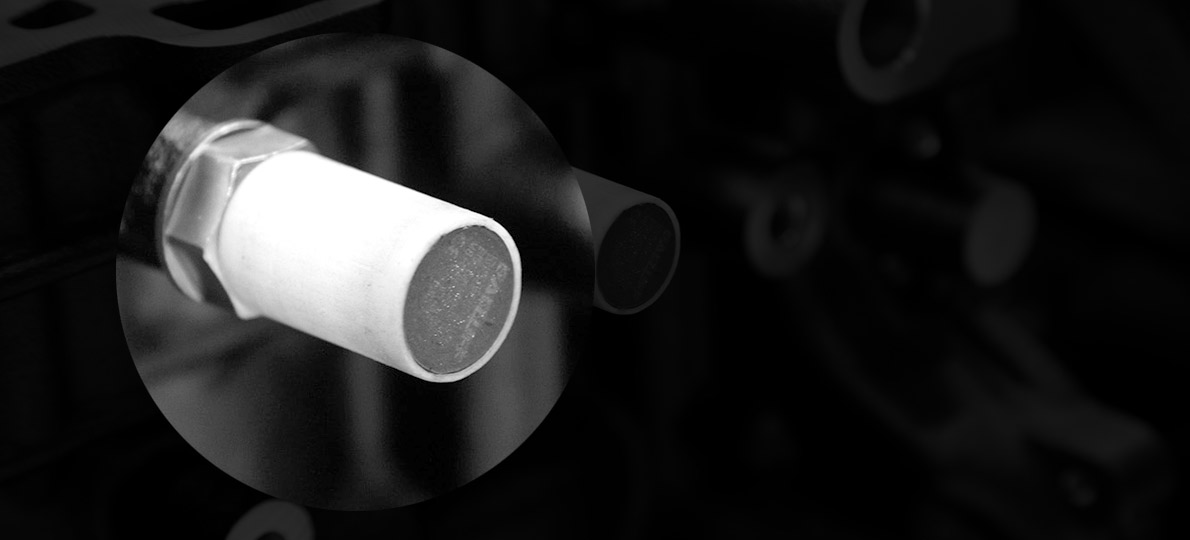
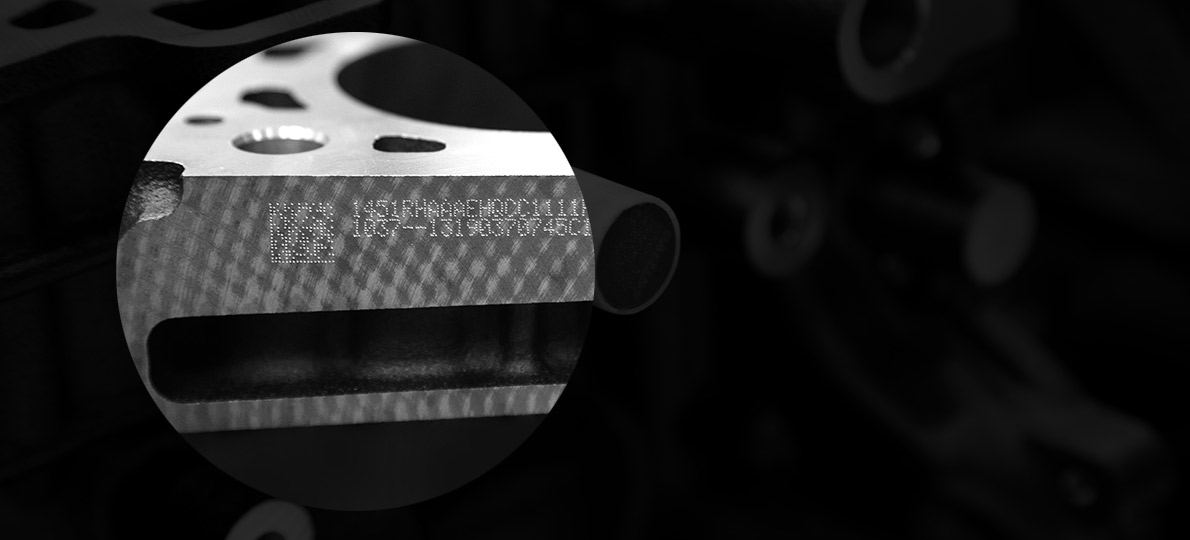

New technologies create value for our business. We have made real savings in packaging. We are proud to have developed the first Alliance logistics flow featuring geolocated packaging, using LoRa technology. This protocol allows small amounts of data to be collected in real time, with great accuracy and customization.

